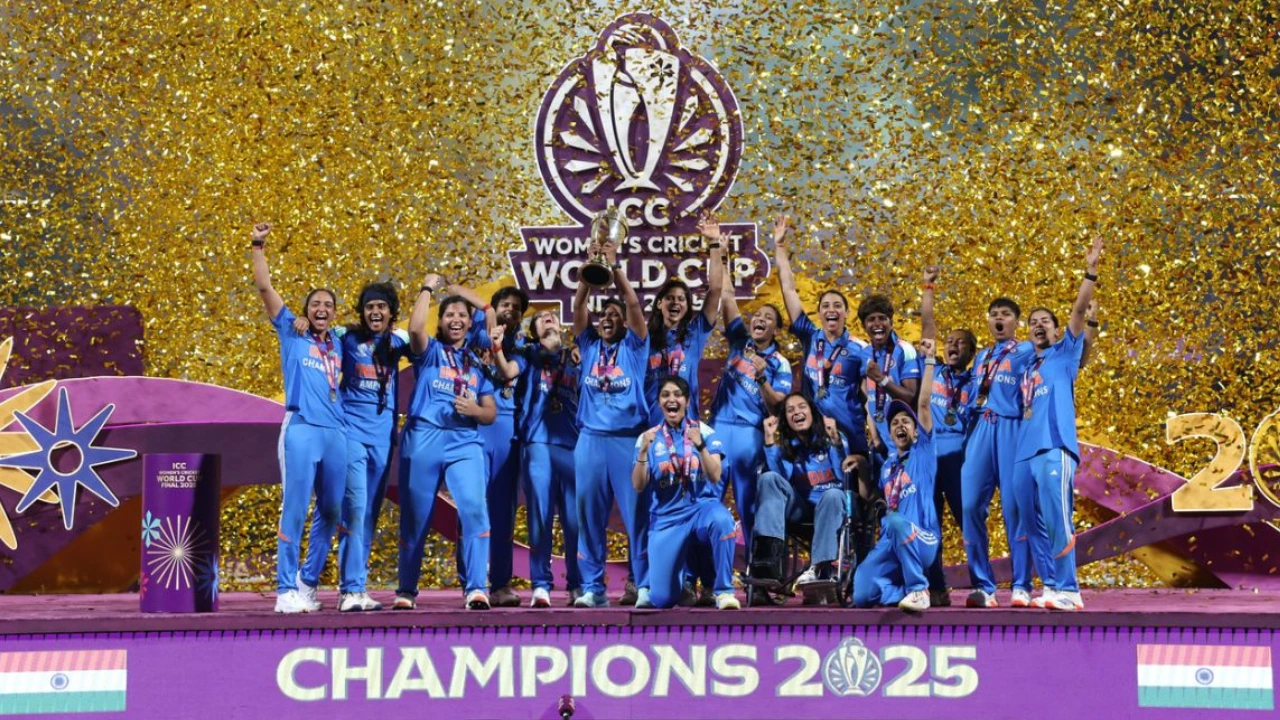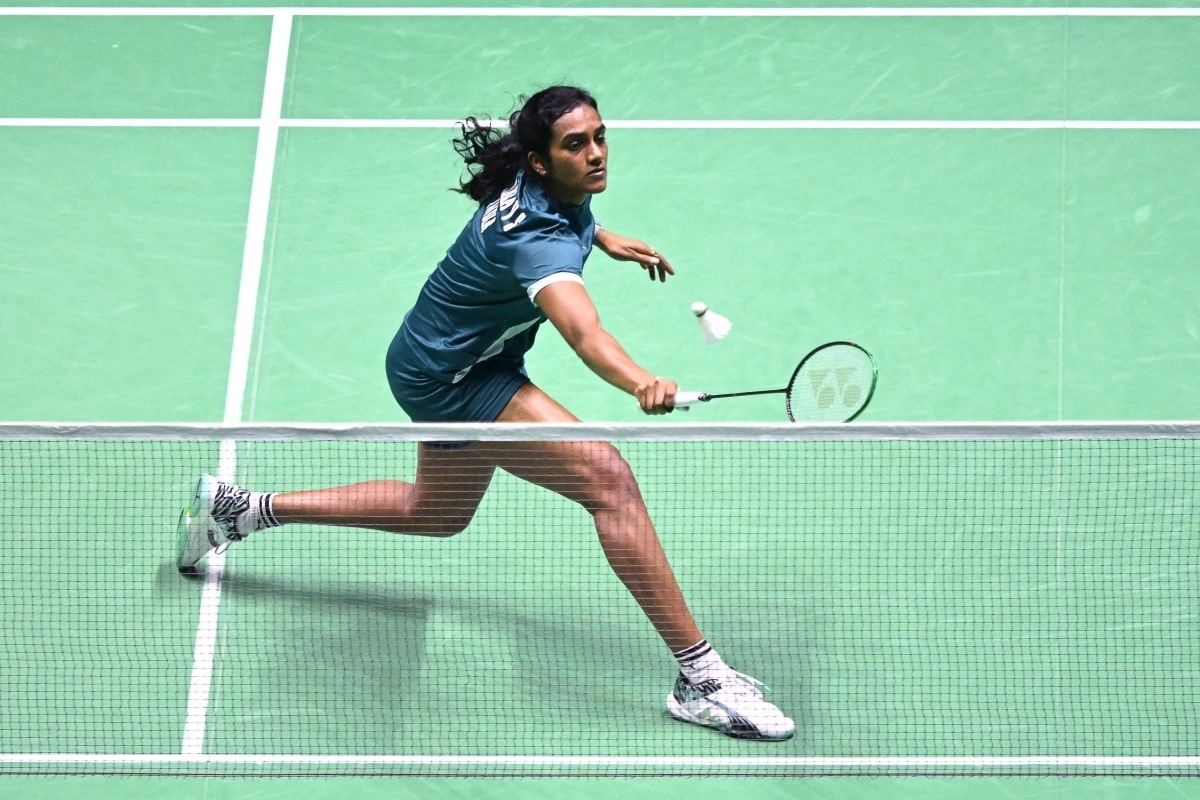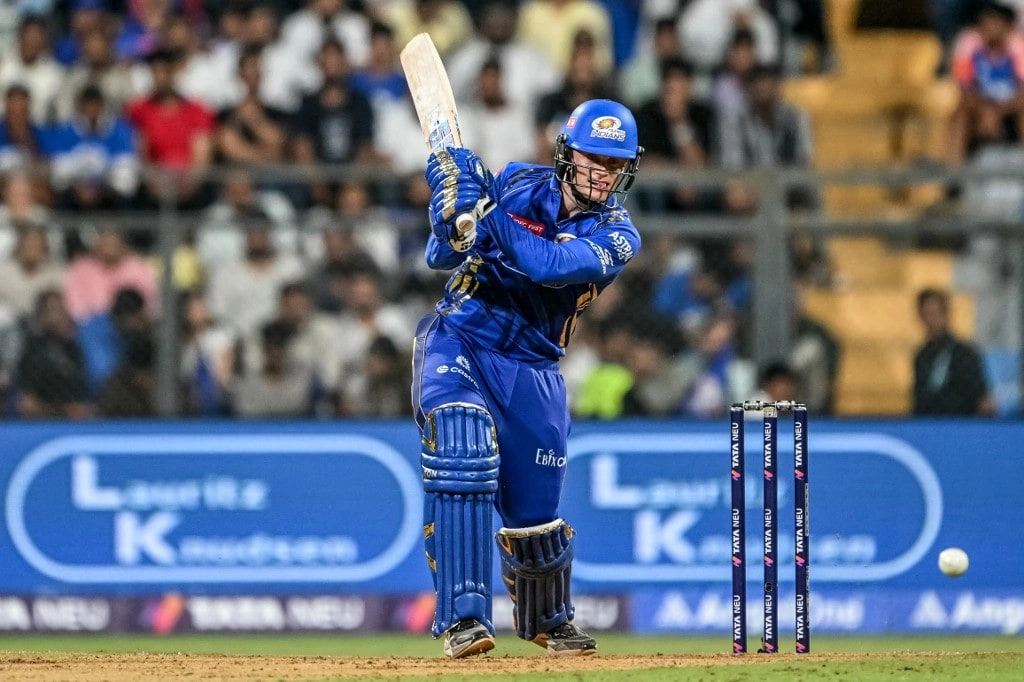The Board of Control for Cricket in India (BCCI) selectors have recently found themselves at the center of controversy following their decision to deny a share of the ₹51 crore cash prize awarded to the Indian women’s cricket team for reaching the final of the Women’s World Cup. This significant sum, which was part of the BCCI’s commitment to reward the team for their remarkable performance, has sparked discussions about recognition and compensation in women’s sports.
The selectors, responsible for choosing players for the national team, argued that their role is fundamentally different from that of the players who directly participate in matches. They emphasized that while they play a crucial part in shaping the team’s success by selecting talent, the financial rewards should be reserved for those who take the field. This stance has led to a divide in opinion among stakeholders in Indian cricket, with some supporting the selectors’ viewpoint while others argue that all contributors to the team’s success, including selectors, should be acknowledged.
This decision has raised broader questions about the treatment and recognition of women athletes and support staff in cricket. As women’s sports continue to gain popularity and visibility, the need for equitable compensation and recognition becomes increasingly critical. Many advocates for women’s sports argue that all individuals involved in the success of the team, from players and coaches to selectors, should share in the rewards, as their collective efforts lead to achievements on the international stage.
The BCCI’s decision reflects ongoing challenges related to gender equity in sports, particularly in countries where traditional views on women’s roles often overshadow their contributions. As the landscape of women’s cricket evolves, the conversation around fair compensation and recognition for all contributors is essential to fostering an environment that supports and encourages female athletes. Ultimately, the dialogue initiated by this incident could pave the way for more inclusive policies and practices within sports organizations, promoting a culture of respect and shared success.




